While do-it-yourself projects can be fun and fulfilling, there is always a potential for personal injury or property damage. We strongly suggest that any project beyond your abilities be left to licensed professionals such as electricians, plumbers, and carpenters. Any action you take upon the information on this website is strictly at your own risk, and we assume no responsibility or liability for the contents of this article.
Thinking About Smart Lights for Your Home? Here’s What You Need To Know
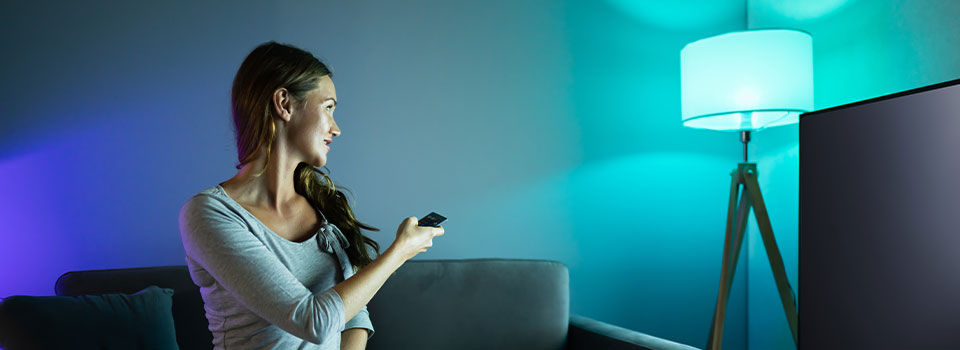
Smart lights are emerging as the next hot thing when it comes to home automation. Home automation may sound rather magical, but it’s actually a simple and logical step in the direction of a tech-savvy future. Just like how everyday appliances, thermostats, or security functions can be automated, you can choose to automate the lighting in your living space. If you’re thinking about making the transition to smart lights in your home, then read on for some points you need to know.
What Are Smart Lights?
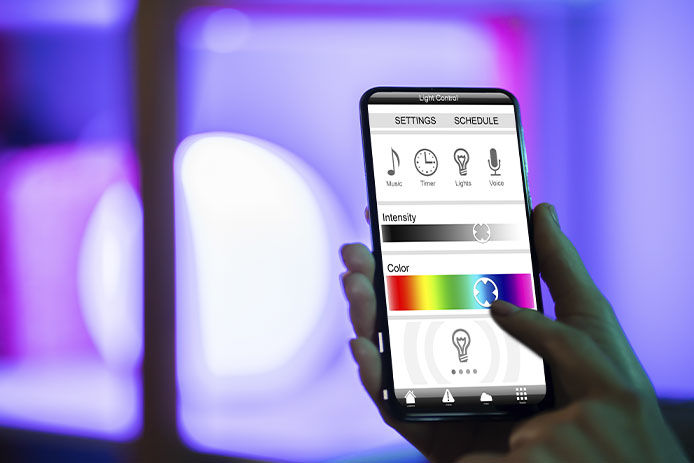
First things first, what are smart lights? Smart lights are a lighting system technology that is designed for energy efficiency, convenience, and security. This lighting system technology may include high-efficiency fixtures and automated controls that adjust the lighting according to a change in conditions, such as occupancy, daylight, and time of day. Simply put, smart lights are a part of an automated system of lighting that provides a more efficient way to manage the lighting in your home, and they adjust themselves intelligently according to what settings you’ve put them on.
How Does Smart Lighting Work?
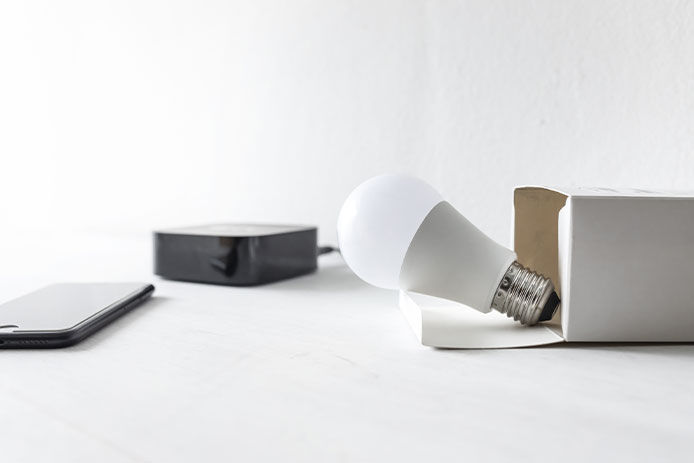
Smart lighting works by replacing traditional lightbulbs with smart light bulbs, which screw into the existing sockets in your home. An internet-connected hub connects all of the bulbs, which gives you control over the lighting in your home from a centralized location. This means that you can easily and seamlessly adjust the lighting in your home from any device that connects to the internet from any device that connects to the internet.
Why Smart Lighting?
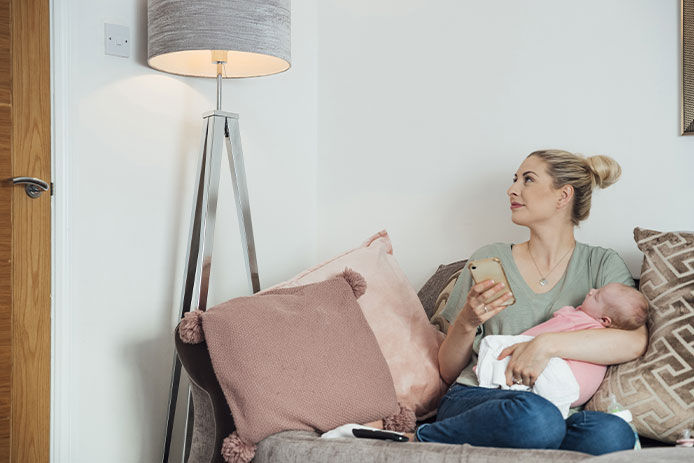
Smart lighting may seem like a far-off futuristic concept that you don’t think you need in your home. But, think again. Smart lighting is a great way to simplify and improve the quality of your life and living around your home. More than just a fancy way to control the lights, smart lighting comes with some benefits to those who choose to install these systems. Here are some of the reasons that people are jumping on this emerging automation trend.
They're Convenient
Smart lights mean you don’t have to worry about walking around and turning on and off the lights. Because smart lighting systems are set to different settings around occupancy, time of day, and amount of daylight, they will know when to turn themselves on and off.
They’re Efficient
The convenience and intelligence of smart lighting systems mean that they’re also going to be more energy-efficient and time-efficient for you. Aside from turning them on and off remotely, you can set the mood in any room with smart features like dimming and color ambiance.
They Work With Your Lifestyle
By automating your lighting, you can schedule your light settings based on your lifestyle, schedule, and preferences. Dimming and color features can help support your natural circadian rhythms so that you sleep better and wake up more gently in the morning. Get a wake-up call at 7 a.m. with your lights turning on slowly, or set your lights to dim in the evening time with lights out at 10 p.m. to help you wind down and sleep.
They’re Remote
Remote lighting isn’t just cool, but it can also help secure your home. If you’re away, choose to set your lighting to turn on at night so that others think someone is home. If you’re out later than expected, you can remotely turn your lights on so you come home to a brightly lit home.
They’re Affordable
One may think that a smart lighting system is expensive, but it’s actually quite affordable. Like other efficient light bulbs and systems, the higher up-front cost of the lightbulbs and fixtures is made up for in the money saved on electric bills.
Getting Set Up
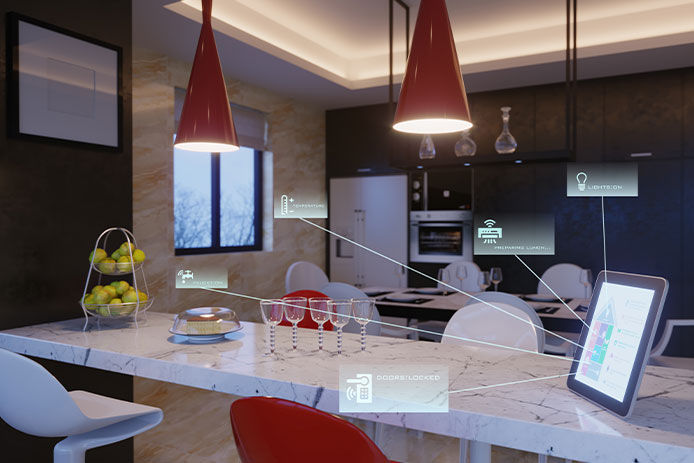
If you feel that a smart lighting system is for you, there are a couple of points to think about before diving in. You need first to pick a platform, pick a hub, and pick your bulbs. A platform is what you use to control the lights. Most platforms offer their own control apps that let you group lights together and schedule them to turn on and off at certain times. But you can get even smarter than just that. If you are planning to automate more than just your lights, perhaps you want to consider a platform that can handle the different devices you may end up using. Voice assistants such as Siri or Alexa can also connect to your lighting platform to further connect your home control network. If you already have a smart centralized system of cameras, security, and thermostats, adding the lighting to this same system is a no-brainer.
Picking a hub simply means what kind of wireless transmission to use to power your smart lights. Smart lights need some wireless transmission to send and receive signals. Different bulbs work with different methods. Some use Wi-Fi transmission to connect directly to your router, while others use Bluetooth. Wi-Fi bulbs can be controlled from anywhere you have internet, whereas Bluetooth connects directly to your device if it’s in reach. Choosing what hub is best for you is going to be completely personal.
Lastly, you will want to pick the kinds of bulbs you want. Different bulbs can do different things, so if you want interesting features like color ambiance, be sure to get the right kinds of bulbs for the job. Also, certain bulbs work with Wi-Fi and others with Bluetooth, so select the ones that will work with your system.
Smart lights take a little work initially to install and set up, but they are certain to save you loads of time and effort in the long run.